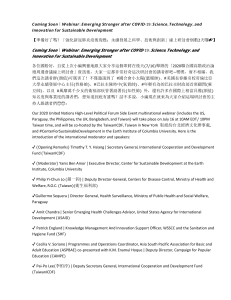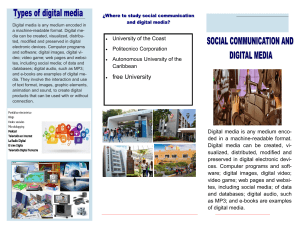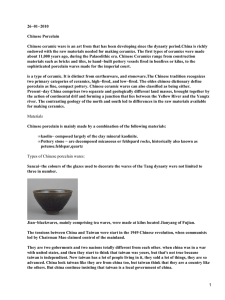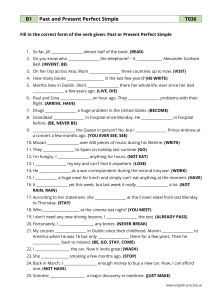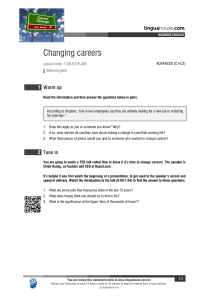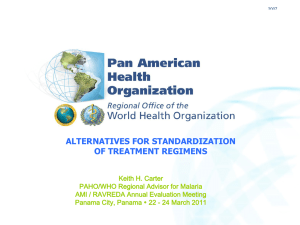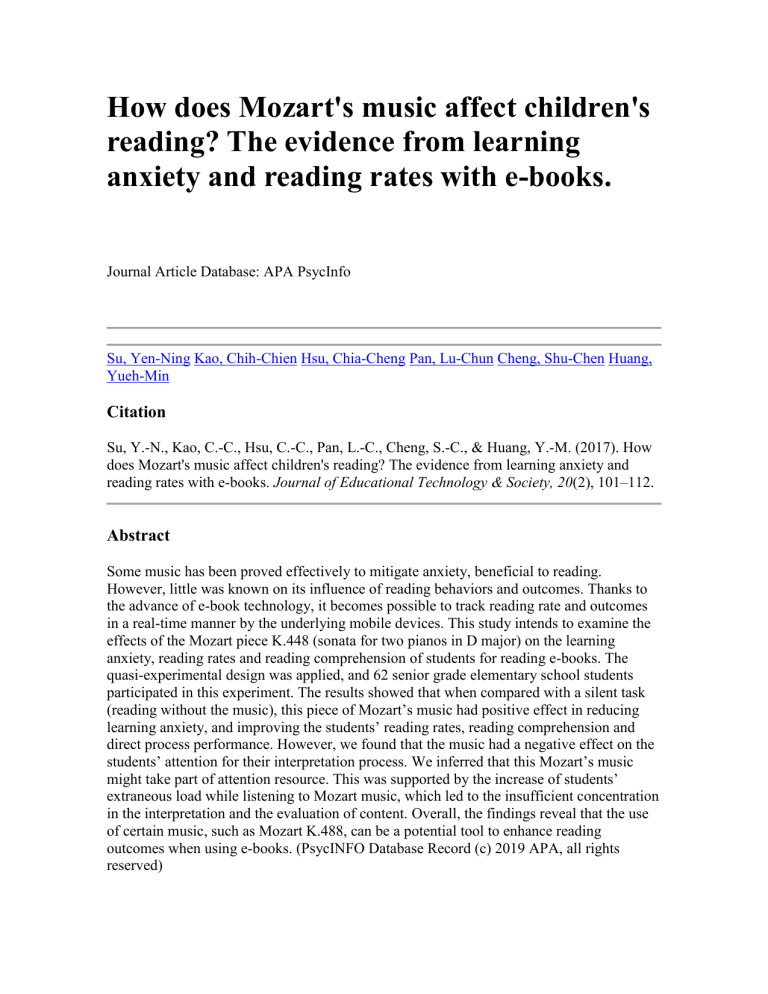
How does Mozart's music affect children's reading? The evidence from learning anxiety and reading rates with e-books. Journal Article Database: APA PsycInfo Su, Yen-Ning Kao, Chih-Chien Hsu, Chia-Cheng Pan, Lu-Chun Cheng, Shu-Chen Huang, Yueh-Min Citation Su, Y.-N., Kao, C.-C., Hsu, C.-C., Pan, L.-C., Cheng, S.-C., & Huang, Y.-M. (2017). How does Mozart's music affect children's reading? The evidence from learning anxiety and reading rates with e-books. Journal of Educational Technology & Society, 20(2), 101–112. Abstract Some music has been proved effectively to mitigate anxiety, beneficial to reading. However, little was known on its influence of reading behaviors and outcomes. Thanks to the advance of e-book technology, it becomes possible to track reading rate and outcomes in a real-time manner by the underlying mobile devices. This study intends to examine the effects of the Mozart piece K.448 (sonata for two pianos in D major) on the learning anxiety, reading rates and reading comprehension of students for reading e-books. The quasi-experimental design was applied, and 62 senior grade elementary school students participated in this experiment. The results showed that when compared with a silent task (reading without the music), this piece of Mozart’s music had positive effect in reducing learning anxiety, and improving the students’ reading rates, reading comprehension and direct process performance. However, we found that the music had a negative effect on the students’ attention for their interpretation process. We inferred that this Mozart’s music might take part of attention resource. This was supported by the increase of students’ extraneous load while listening to Mozart music, which led to the insufficient concentration in the interpretation and the evaluation of content. Overall, the findings reveal that the use of certain music, such as Mozart K.488, can be a potential tool to enhance reading outcomes when using e-books. (PsycINFO Database Record (c) 2019 APA, all rights reserved) Full Record Unique Identifier 2017-17491-009 Title How does Mozart's music affect children's reading? The evidence from learning anxiety and reading rates with e-books. Publication Date Apr 2017 Publication History • • • Accepted: Sep 27, 2016 Revised: Jun 29, 2016 First Submitted: Oct 2, 2015 Language English Author Su, Yen-Ning; Kao, Chih-Chien; Hsu, Chia-Cheng; Pan, Lu-Chun; Cheng, ShuChen; Huang, Yueh-Min Email Su, Yen-Ning [email protected] Kao, Chih-Chien [email protected] Hsu, Chia-Cheng [email protected] Pan, Lu-Chun [email protected] Cheng, Shu-Chen [email protected] Huang, Yueh-Min [email protected] Correspondence Address Huang, Yueh-Min: [email protected] Affiliation Su, Yen-Ning Department of Engineering Science, National Cheng Kung University, Taiwan Kao, Chih-Chien Department of Engineering Science, National Cheng Kung University, Taiwan Hsu, Chia-Cheng Department of Visual Communication Design, Tainan University of Technology, Taiwan Pan, Lu-Chun National Feng Hsin Senior High School, Taiwan Cheng, Shu-Chen Southern Taiwan University of Science and Technology, Taiwan Huang, Yueh-Min Department of Engineering Science, National Cheng Kung University, Taiwan Source Journal of Educational Technology & Society, Vol 20(2), Apr 2017, 101-112. NLM Title Abbreviation J Educ Techno Soc ISSN 1436-4522 (Electronic); 1176-3647 (Print) Publisher New Zealand: International Forum of Educational Technology & Society Format Covered Electronic Publication Type Journal; Peer Reviewed Journal Document Type Journal Article Keywords Mozart music; Learning anxiety; Reading rate; Reading comprehension; E-books Index Terms Anxiety; Learning; Music; Reading; Electronic Learning; Books; Reading Comprehension; Electronic Books PsycInfo Classification 3530 Curriculum & Programs & Teaching Methods Population Group Human; Male; Female Age Group Childhood (birth-12 yrs) Location Taiwan Methodology Empirical Study; Quantitative Study Grant/Sponsorship • Sponsor: Ministry of Science and Technology, China Recipient: No recipient indicated Grant Number: MOST 103-2511-S-006-002-MY3; MOST 103-2511-S006-007-MY3 Release Date 20170911 (APA PsycInfo) Correction Date 20190211 (APA PsycInfo)
